The Government issued Directive No. 20/CT-TTg on July 12, requiring Hanoi to ban gasoline-powered motorbikes in the Ring Road 1 area from July 1, 2026, expanding to Ring Road 2 in 2028 and restricting gasoline-powered cars in Ring Road 3 from 2030.
The directive emphasizes environmental pollution control, with Hanoi managing more than 8 million vehicles, including 6.9 million motorbikes and 1.1 million cars, along with 1.2 million temporary vehicles. The government requires institutional review, improvement of emission standards and strict handling of environmental violations, aiming for a net zero emission target by 2050.
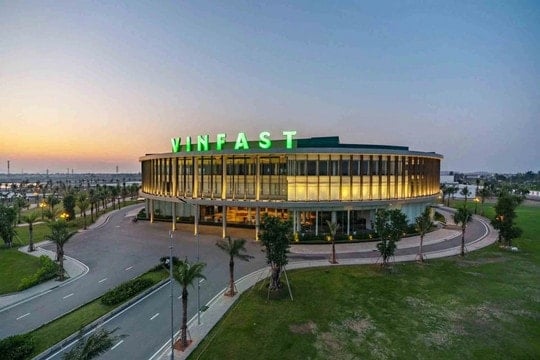
Mr. Nguyen Trong Dinh Tam, Deputy Director of ASEANSC Securities Analysis, commented that green transportation and clean energy businesses have great growth potential.
VinFast ( Vingroup , HoSE: VIC) leads the electric car market with models VF 3, VF 5, VF 6, dominating in the first half of 2025. Electric motorbikes such as Feliz S, Evo 200 are also popular thanks to low operating costs.
Viettel cooperates with VinFast in designing, components and building charging stations through Viettel Construction Company (HoSE: CTR). FPT (HoSE: FPT) supports the development of automotive software and smart operating systems, promoting digital transformation in the electric vehicle industry.
Energy businesses such as PV Power (HoSE: POW), with plans to build 1,000 charging stations by 2035, along with PGV, NT2, GEG, benefit from increased electricity demand.
Tasco (HNX: HUT) and TMT Motors (HoSE: TMT), distributors of Geely and Wuling electric vehicles, also have growth potential, albeit more limited due to their dependence on internal combustion engine vehicles.
Which businesses are having difficulty?
Petrolimex (HoSE: PLX), the leading enterprise in the petroleum industry, faces great pressure as the policy of banning gasoline vehicles narrows revenue from its core segment.
Although it has pioneered testing electric charging stations at some gas stations, this conversion requires large investments in infrastructure and technology.
According to experts, Petrolimex needs to quickly expand its network of charging stations and develop clean energy-related services to offset revenue from gasoline. If it fails to adapt in time, the company risks losing market share in the context of sharply reduced gasoline demand.
Honda Vietnam, with motorbike sales increasing by 8.2% in June 2025, continued to maintain its market share thanks to gasoline models such as Vision, Wave Alpha, LEAD and SH Mode.
However, the policy of banning gasoline vehicles from 2026 poses a big challenge for Honda as its main products all use internal combustion engines. The Japanese car company does not have many electric motorbike models to compete in the Vietnamese market, making the risk of falling behind increasingly obvious.
To maintain its position, Honda needs to accelerate research and development of electric motorbikes, while building a distribution strategy in line with green trends.
The policy of banning gasoline vehicles is considered a driving force to promote green lifestyles, but a clear roadmap and financial support are needed to reduce the burden on people, especially low-income groups.
Hanoi plans to invest heavily in charging stations, improve safety standards and develop public transport to meet mobility needs. The success of this policy depends on the coordination between businesses, the government and the people to ensure a smooth transition.
Source: https://baonghean.vn/ha-noi-cam-xe-may-xang-tu-2026-doanh-nghiep-nao-huong-loi-doanh-nghiep-nao-gap-kho-10302301.html








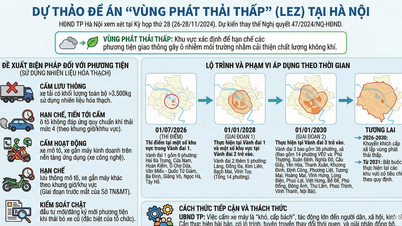


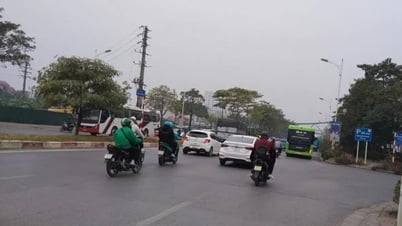
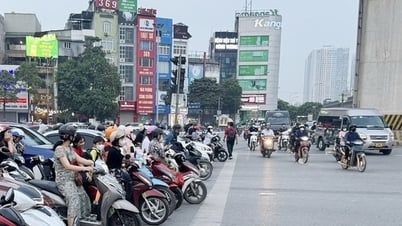




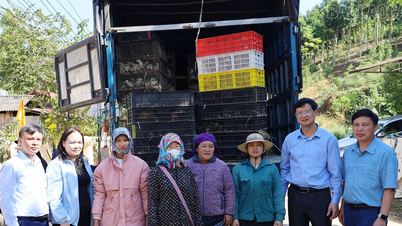
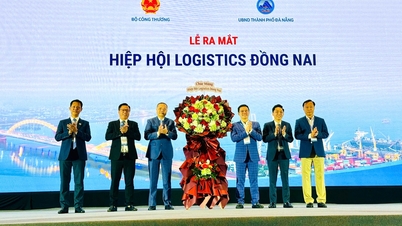

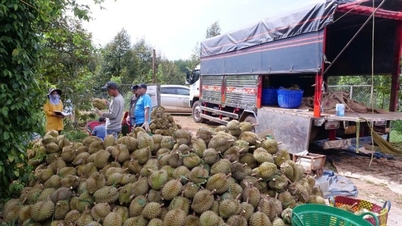

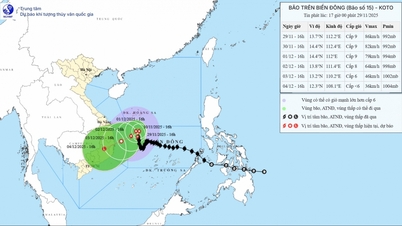





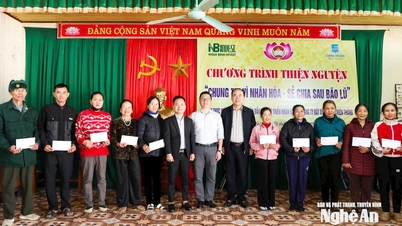





























































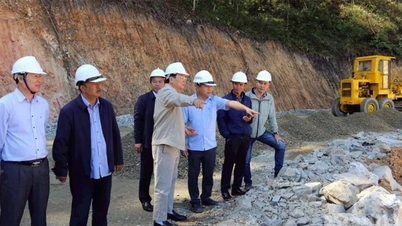
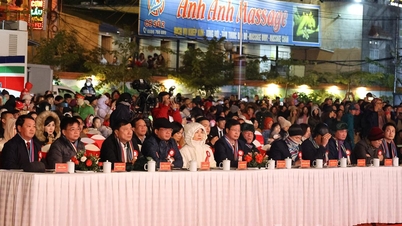


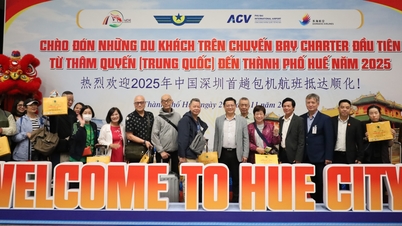
















Comment (0)